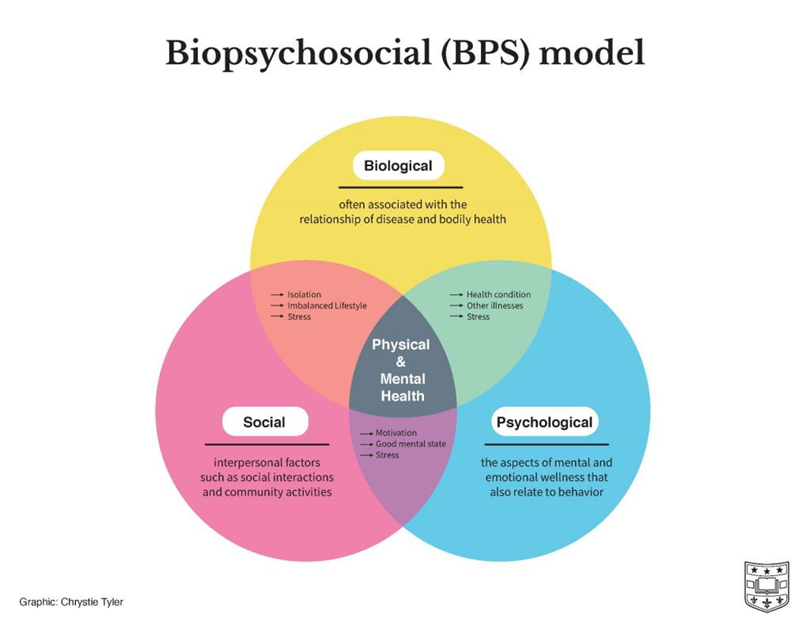Introduction to Psychiatry and Biopsychosocial Model of Disease
1/3
There's no tags or description
Looks like no tags are added yet.
Name | Mastery | Learn | Test | Matching | Spaced |
|---|
No study sessions yet.
4 Terms
What are the eleven parts of the mental status exam?
1) General Appearance
→ their age and how they appear/present
2) Attitude
→ are the patients cooperative or uncooperative | how the patients act towards you
3) Behavior/Motor
→ things like their posture and how their body moves while speaking with you
4) Speech
→ their rate, rhythm, and articulation of speech
5) Mood
→ how do they feel right now
6) Affect
→ how would you assess their mood if you didn’t ask how they felt - just based on their expression
7) Though Process
→ how the patients think and can you follow their line of though
→ are they able to stay on topic
8) Thought Content
→ what are these patients thinking about?
→ do they have delusions?
9) Cognition
→ general consciousness, orientation and attention
10) Insight
→ awareness of their mental situation
11) Judgement
→ patient’s decision making ability
What is the Biopsychosocial Model?

Model is subdivided into biological, psychological, and social compartments that influence the presentation of a disease
Biology
→ family history or genetic predisposition
→ substance or medication influence
→ abnormal lab/imaging findings
Psychology
→ personality structure and defense mechanisms
Social
→ Housing, Family, and Employment
This model influences our treatment modalities, we want to make sure to address all issues that are found in all aspects of disease
NA
NA